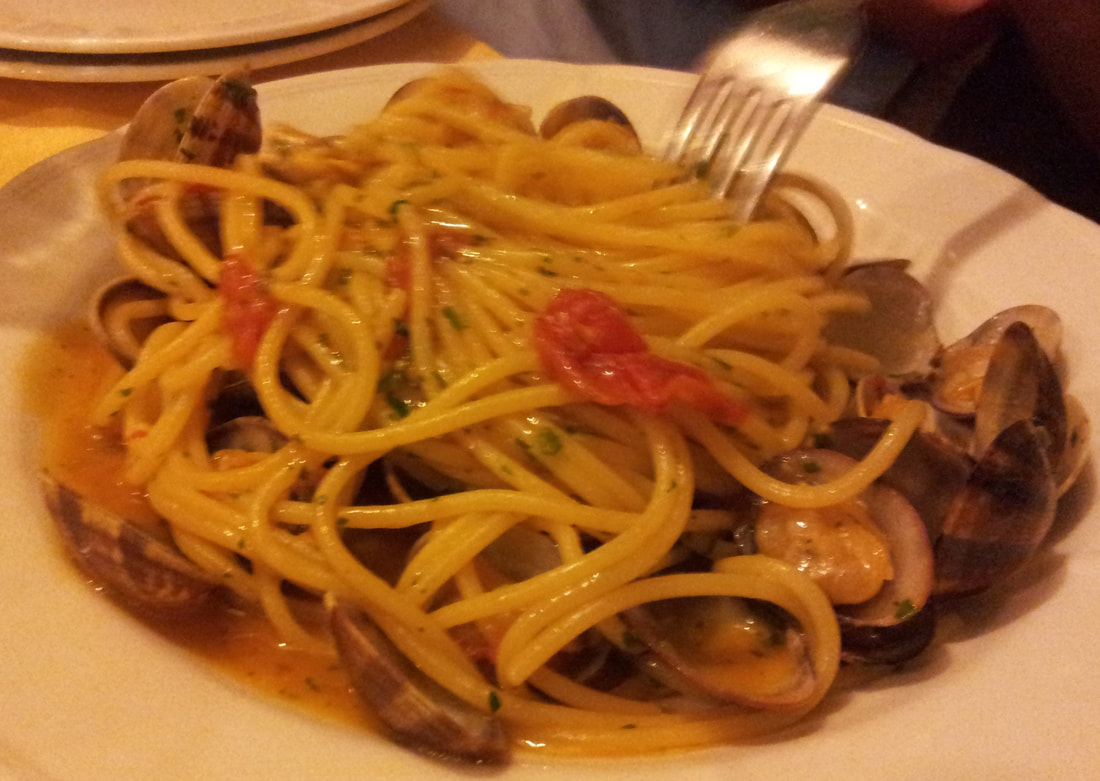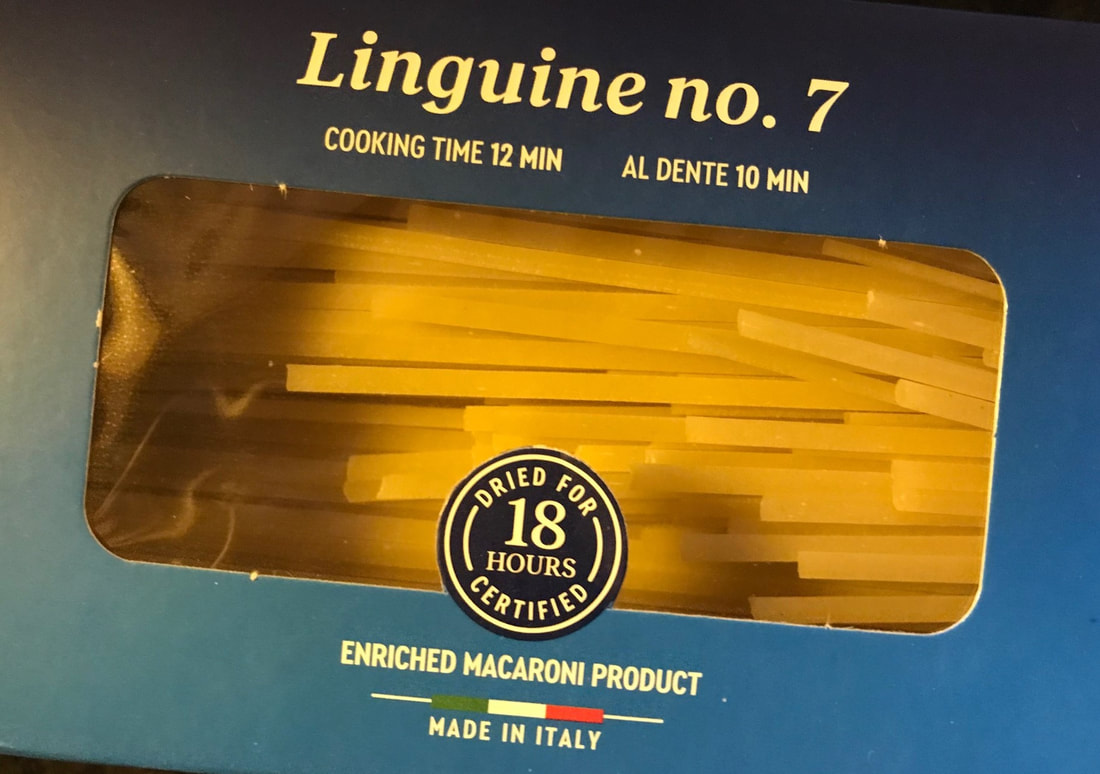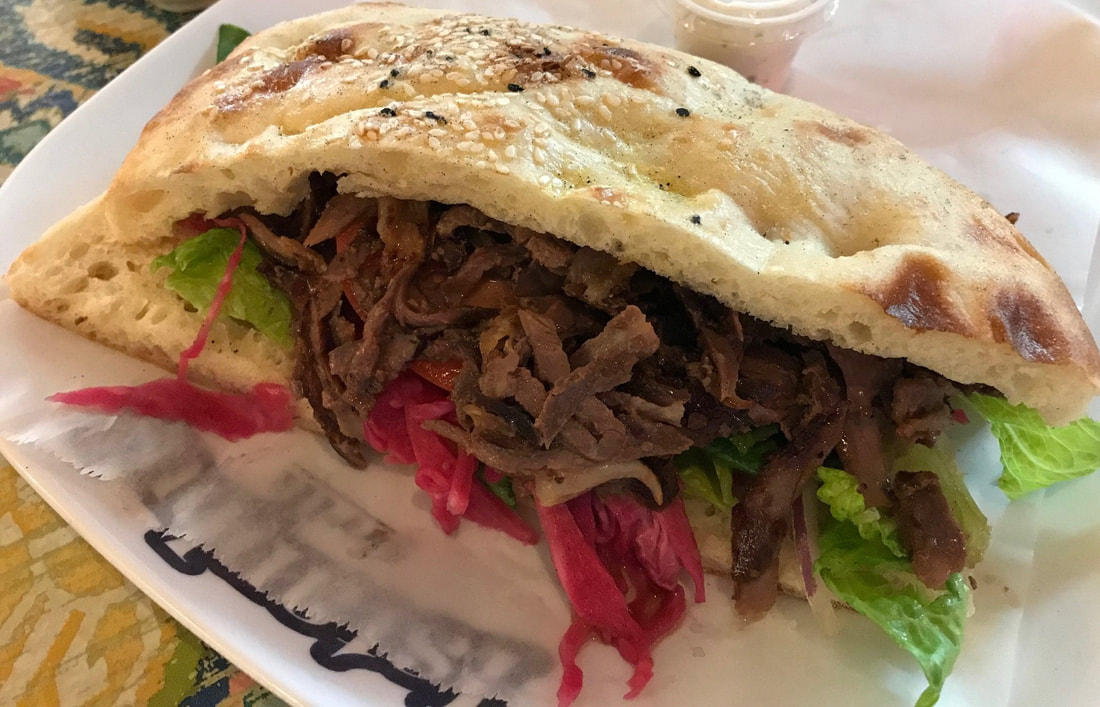Concerning the attributes of house-made, or freshly made pasta - pasta fresca in Italian - the words "al dente" are never correct. "You cannot do fresh pasta al dente!" screamed the longtime, Italian-bred chef at San Francisco's famed Fior d'Italia some years ago on a Travel Channel show, Pasta Paradises. And a cookbook on the subject, Pasta Fresca, similarly related that "fresh pasta will not have the al dente quality of dried pasta, but instead will be meltingly tender to the bite." It is the commercially made dried pasta - pasta secca - made with hard wheat flour like the familiar spaghetti, linguine and penne found in supermarkets is what can be - and, according to Italians, should be cooked al dente. This is the toothsome texture, neither too hard and certainly not mushy, but a bit chewy.
There is a caveat or two. Freshly made pasta using hard wheat flour is a tradition in parts of southern Italy like the orecchiette in Puglia that can be cooked al dente. It is quite rare here, as soft wheat flour - such as all-purpose - requires much less effort to make into pasta by hand. You might find some pastas made in this age-old fashion at restaurants, but it is very much an exception. Also, hard wheat flour is found in the egg pastas imported from Italy that are often used as a substitute, as I'm apt to make, for fresh pasta. These are typically packaged as little nests or balls of pasta. By law in Italy any packaged dry pasta has to use hard wheat flour even if that type flour might be traditional for that style of pasta.
I think that the biggest reason "al dente" is thrown about is that its use signals that the diner knows the subject. Knows pasta, like how catchwords and -phrases are quickly thrown about by most of us. The words "pasta" and "al dente" just go together when talking about food, whether or not they should go together for that particular preparation. Americans typically like their pasta like spaghetti cooked to a much softer consistency than al dente. That might not be an issue. It just shouldn't be called "al dente" and that phrase should be used much more sparingly.
Spaghetti alle vongole in Sorrento, cooked nicely al dente




 RSS Feed
RSS Feed

